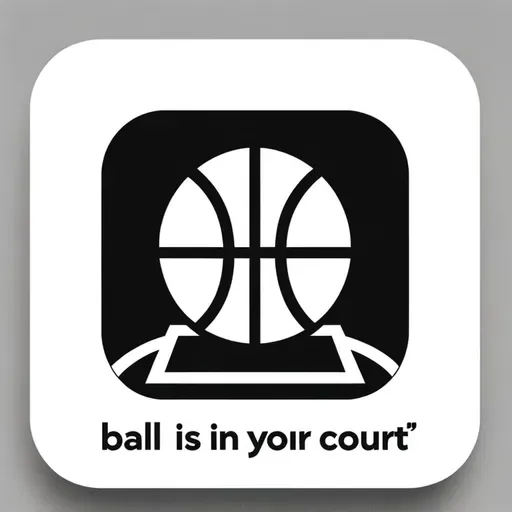
16 August 2025
Unlocking Personal Power: How The Ball in Your Court Moment Can Transform Your Life and Decision Making
Ball is in your court
About
Listeners, today we’re exploring the phrase “ball is in your court”—an idiom rooted in the world of sports, especially tennis, where it means the responsibility or next move is now yours. Just as in tennis, where the rally cannot continue until a player strikes the ball in their side of the court, in life this phrase marks the moment when the power to act, decide, or change belongs solely to us.
We all encounter these moments. Consider this: a recent high-profile example came out of the tech industry, when a mid-level manager was asked to lead a crisis project after a large-scale cyberattack. With support from their team and upper management, the protocols were set—then the ball was in their court. Their choice to take bold action and impose a rapid response plan, rather than waiting for further instructions, ultimately saved their company millions. Their story made waves across business news this summer, emphasizing how personal agency in moments of uncertainty can be transformative.
Psychologists at the University of York remind us that every decision we face is shaped by our unique perspective, the context around us, and even how the question is “framed.” Two people presented with the same problem might interpret the responsibilities and stakes entirely differently. The mental models guiding our choices are deeply personal, which makes the act of taking ownership particularly significant.
However, there’s a flip side. Inaction is itself a choice with consequences. History and research have shown that failing to seize the moment when the ball is in your court can lead to missed opportunities, slow progress, and even regret. Teenagers, for example, often struggle with inaction or impulsive choices because their developing brains are highly sensitive to reward and peer influence. Adults, too, can become paralyzed by overthinking or fear of making the wrong move, yet, as neuroscientists argue, the very act of decision-making—risk or no risk—is what grounds our sense of responsibility.
So, listeners, the next time the ball is in your court, remember: you hold the power to move the game forward. Taking action isn’t just about the outcome—it’s how you step into your power, shape your destiny, and, in many cases, inspire those watching from the sidelines.
This content was created in partnership and with the help of Artificial Intelligence AI
We all encounter these moments. Consider this: a recent high-profile example came out of the tech industry, when a mid-level manager was asked to lead a crisis project after a large-scale cyberattack. With support from their team and upper management, the protocols were set—then the ball was in their court. Their choice to take bold action and impose a rapid response plan, rather than waiting for further instructions, ultimately saved their company millions. Their story made waves across business news this summer, emphasizing how personal agency in moments of uncertainty can be transformative.
Psychologists at the University of York remind us that every decision we face is shaped by our unique perspective, the context around us, and even how the question is “framed.” Two people presented with the same problem might interpret the responsibilities and stakes entirely differently. The mental models guiding our choices are deeply personal, which makes the act of taking ownership particularly significant.
However, there’s a flip side. Inaction is itself a choice with consequences. History and research have shown that failing to seize the moment when the ball is in your court can lead to missed opportunities, slow progress, and even regret. Teenagers, for example, often struggle with inaction or impulsive choices because their developing brains are highly sensitive to reward and peer influence. Adults, too, can become paralyzed by overthinking or fear of making the wrong move, yet, as neuroscientists argue, the very act of decision-making—risk or no risk—is what grounds our sense of responsibility.
So, listeners, the next time the ball is in your court, remember: you hold the power to move the game forward. Taking action isn’t just about the outcome—it’s how you step into your power, shape your destiny, and, in many cases, inspire those watching from the sidelines.
This content was created in partnership and with the help of Artificial Intelligence AI